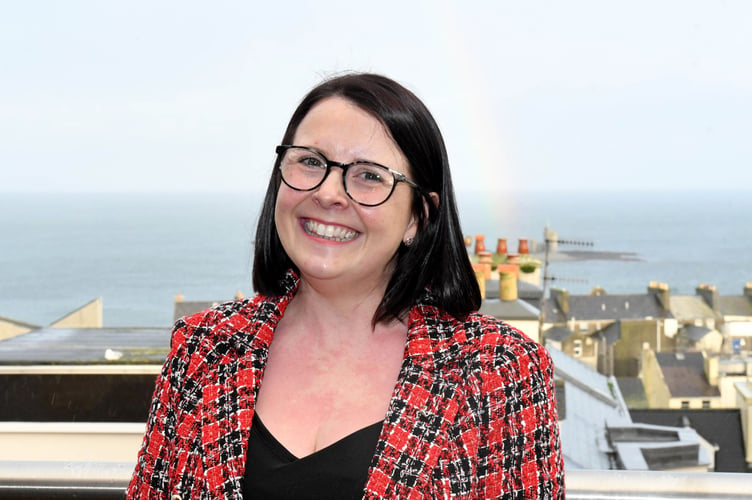The Department for Enterprise say changes to the Manx Grand Prix format are designed to encourage additional visitors to the island for the latter part of the event.
Reintroducing the Classic TT will be used as a vehicle to drive visitors to attend ‘where there remains capacity within the island’s tourism sector’.
A DfE spokesperson added: ‘The primary ambition is that the Classic TT will initially support visitor numbers returning to a pre-covid position and generate a significant increase in the exchequer benefit derived from staging the event as well as increasing the visitor spend within the island’s economy for the event period.
‘The Department will also be able to capitalise on the TT’s increased exposure and generate further income through licensing and sponsorship opportunities for the Classic TT.’
Sarah Maltby MHK, political member with responsibility for tourism and motorsport added: ‘I am sure many will welcome the news that the Classic TT will be returning to the motorsport calendar in addition to the continuation of the Manx Grand Prix, seeing the event take on a two-week format once more.
‘This three-year commitment from the department reflects an ongoing desire to support the island’s motorsport heritage, fostering both cultural and economic sustainability for our visitor economy.

‘I believe the appeal of the new schedule will also go a long way to helping overcome the current operational challenges faced by the voluntary organisations, who rely on visitors and play such an integral role in the Isle of Man’s motorcycle racing events.
‘I would also like to take this opportunity to thank the stakeholder organisations including ACUE, TTMA, Manx Roadracing Medical Services and the Manx Motor Cycle Club, all of whom have supported and made vital contributions to the redesigned schedule.’
‘I look forward to welcoming both long-time fans and new visitors to experience the exciting programme of events taking place on and off the course as well as the unique charm of the Isle of Man.’
The Department added the decision for this strategic intervention followed an internal review with key stakeholders around ensuring that a second Mountain Course event each year can remain financially sustainable while set against increasing costs and decreasing visitor numbers.


.jpg?width=209&height=140&crop=209:145,smart&quality=75)

-and-Fenella-Beach-(right)-during-the-Drag-Sleepover-Party.jpeg?width=209&height=140&crop=209:145,smart&quality=75)